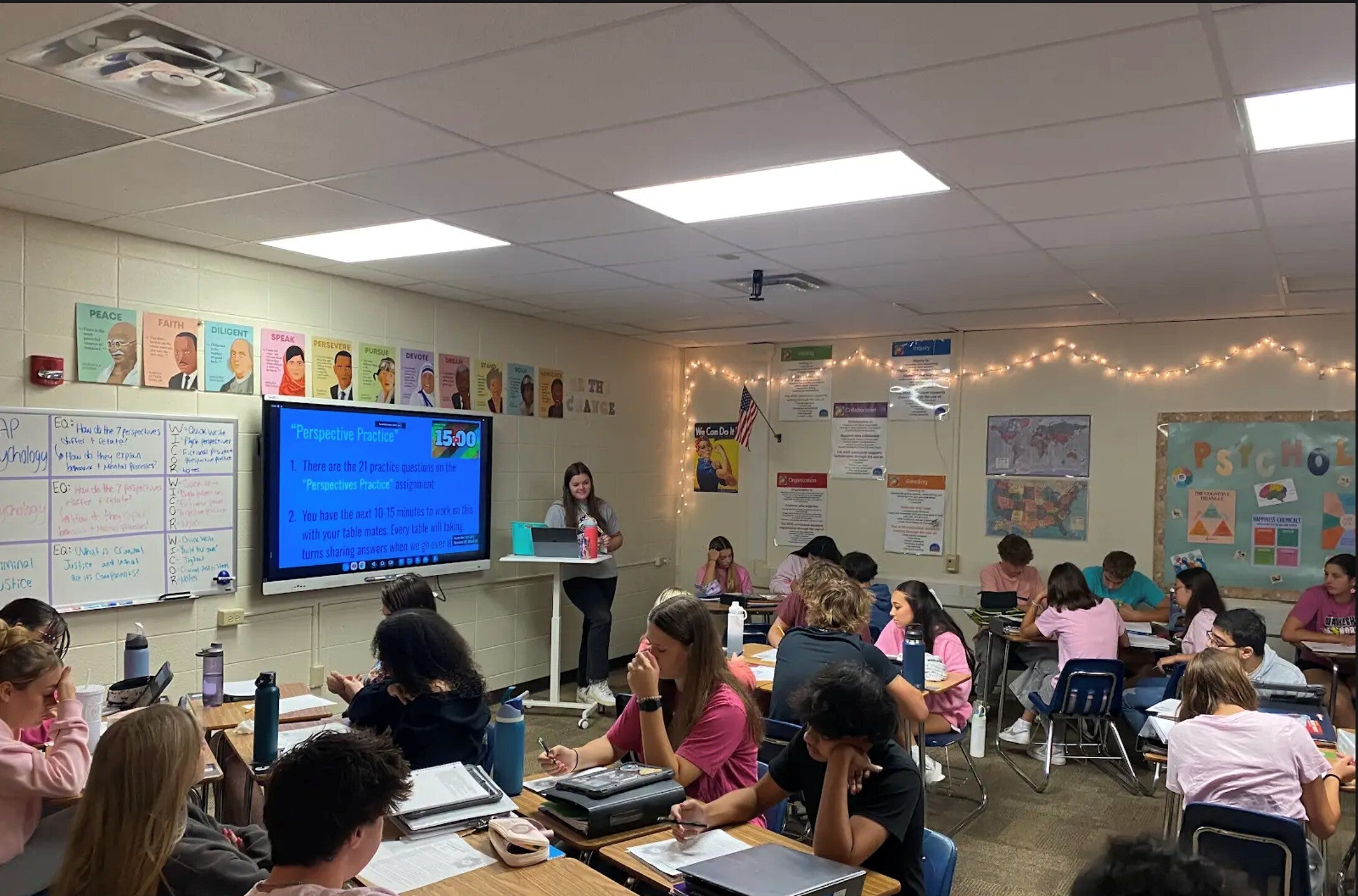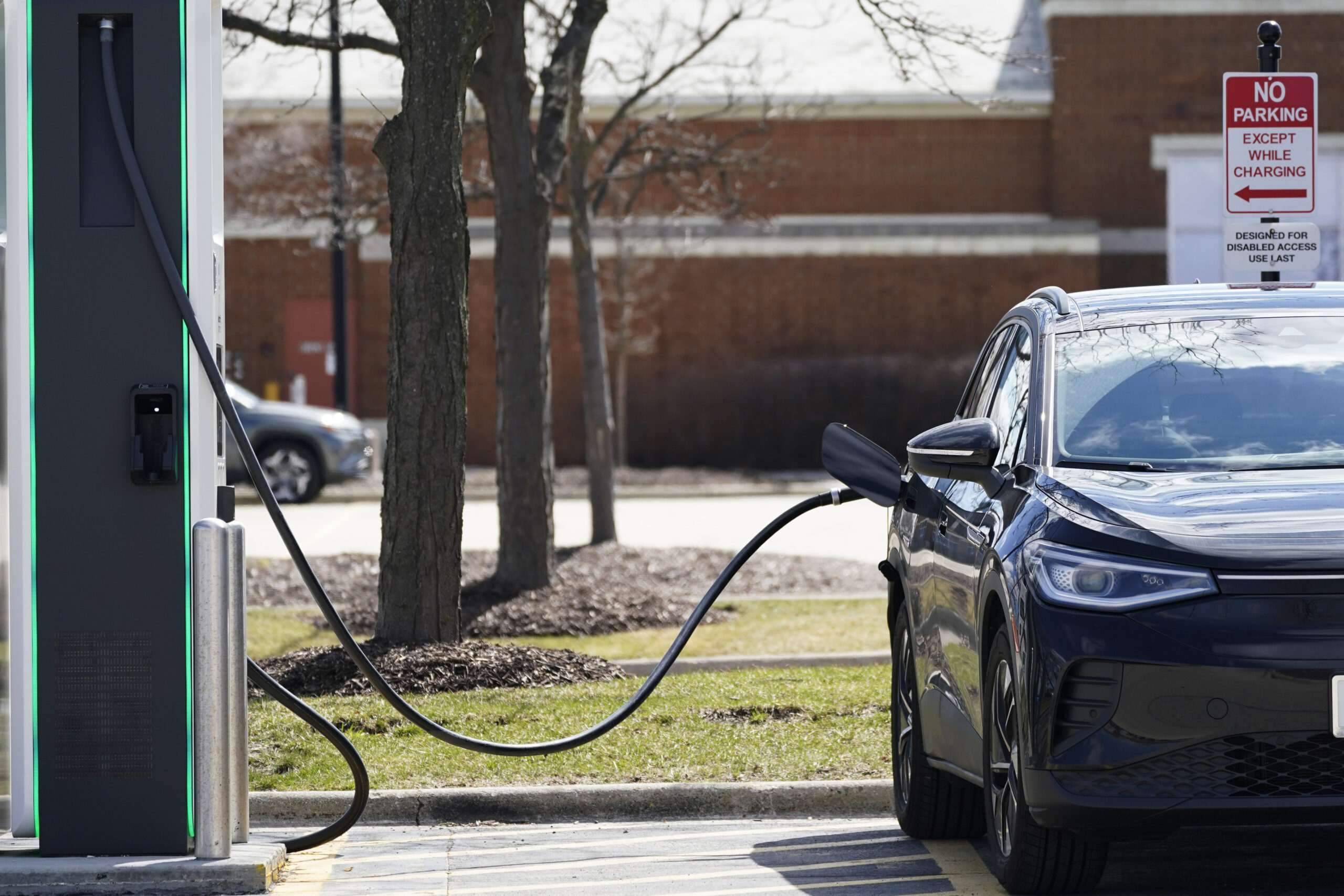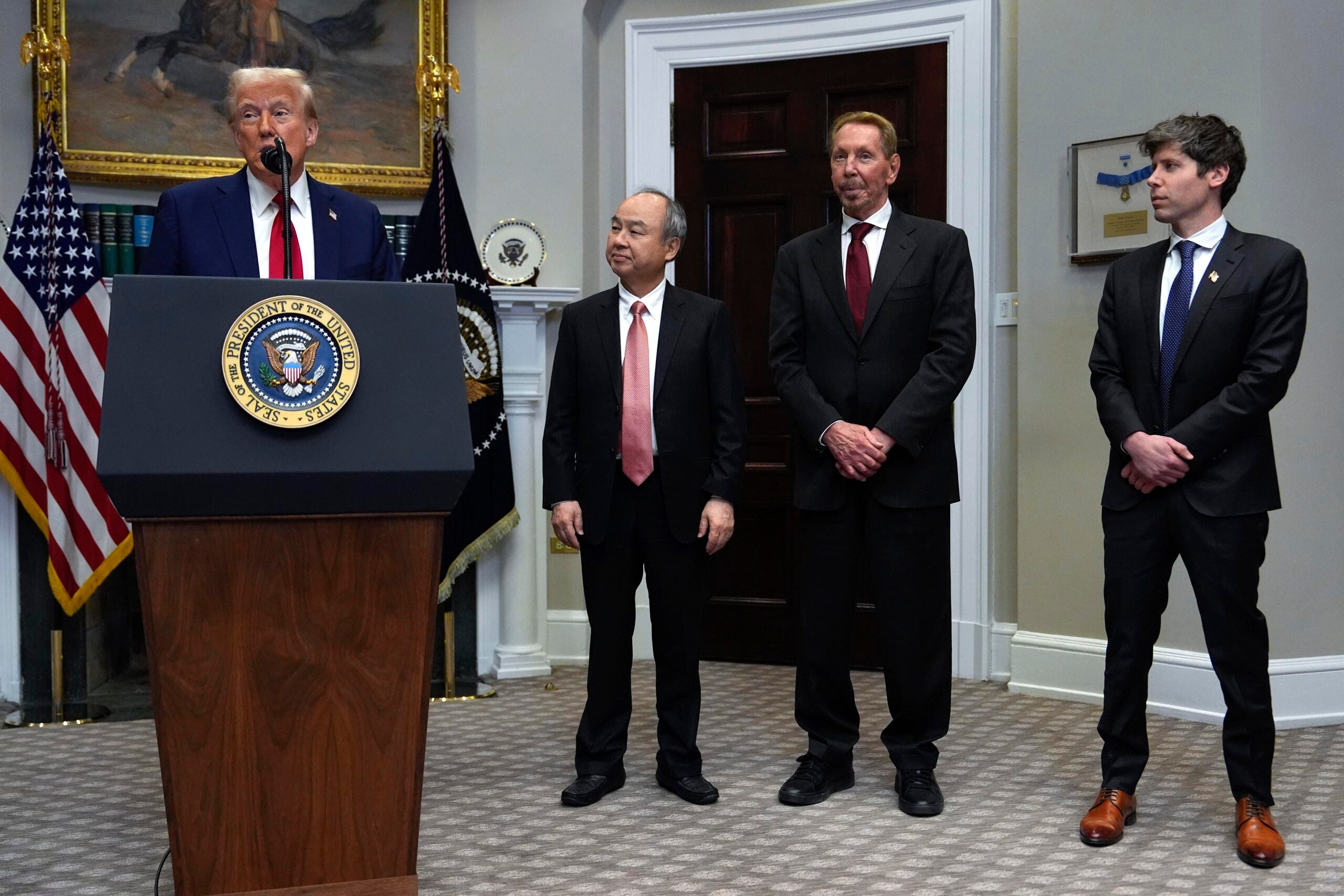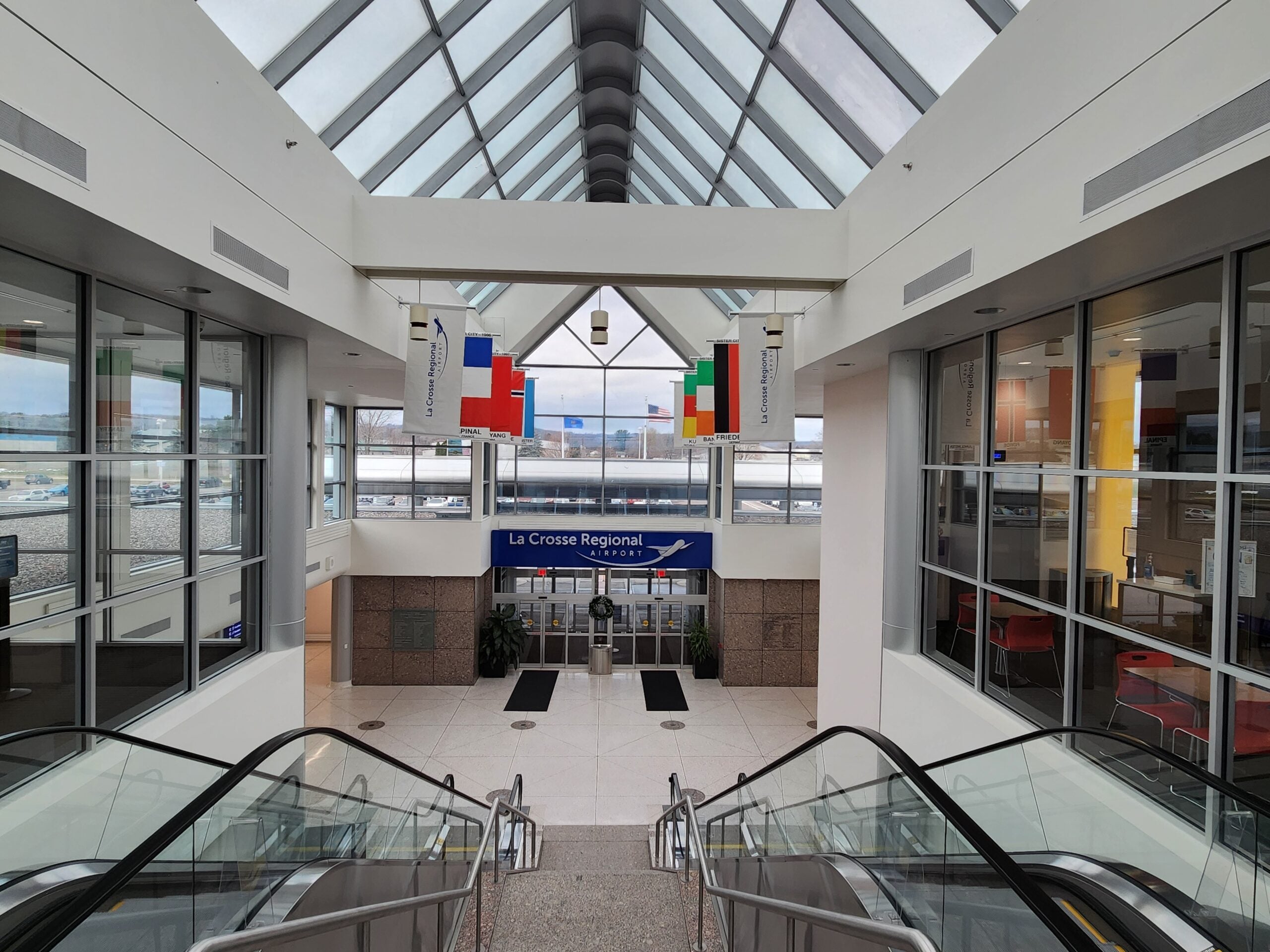Leaders of Wisconsin businesses in hard-hit sectors say the millions in federal aid set to be distributed is a chance to help them recover from the COVID-19 pandemic’s effects and make lasting changes in their industries.
Restaurant and hospitality business owners spoke Wednesday at a virtual listening session convened by the Wisconsin Economic Development Corp. The session included businesses from urban and rural parts of the state, who discussed how funds from the $1.9 trillion coronavirus relief package can help them in the short term and set up Wisconsin businesses for success after the pandemic.
“We have been hit very hard financially,” said Michelle Tressler, co-owner of Green Bay’s Hinterland Brewery. The business’s revenue was down 50 percent in 2020 from the previous year, she said, and they’ve reduced their workforce nearly as much, from 130 employees before the pandemic to about 80 today.
Stay informed on the latest news
Sign up for WPR’s email newsletter.
Tressler and others said the pandemic also “exposed a lot of cracks” in the industry. For her, it highlighted the burden that rising health care costs have placed on both the business and on employees. She called for expanding the eligibility for the state’s BadgerCare program to help ease some of that pressure.
Edward DeShazer opened his Whitetail MKE bar and restaurant in Milwaukee’s Fiserv Forum in December 2019, only a few months before the pandemic hit. He said the business had to refund $50,000 in contracts related to the Democratic National Convention, which had been scheduled to bring tens of thousands of visitors to Milwaukee but which was largely canceled as a pandemic precaution.
But because Whitetail MKE was a new business, it wasn’t eligible for some federal aid programs early in 2020.
One piece of the American Rescue Plan legislation that is about to take effect is the Restaurant Revitalization fund, a $28.6 billion federal grant program that launches this month. That fund will be administered by the Small Business Administration, and it aims to avoid some shortcomings of the early pandemic Paycheck Protection Plan, which distributed most funds to large employers and which wasn’t well-targeted to restaurant industry needs.
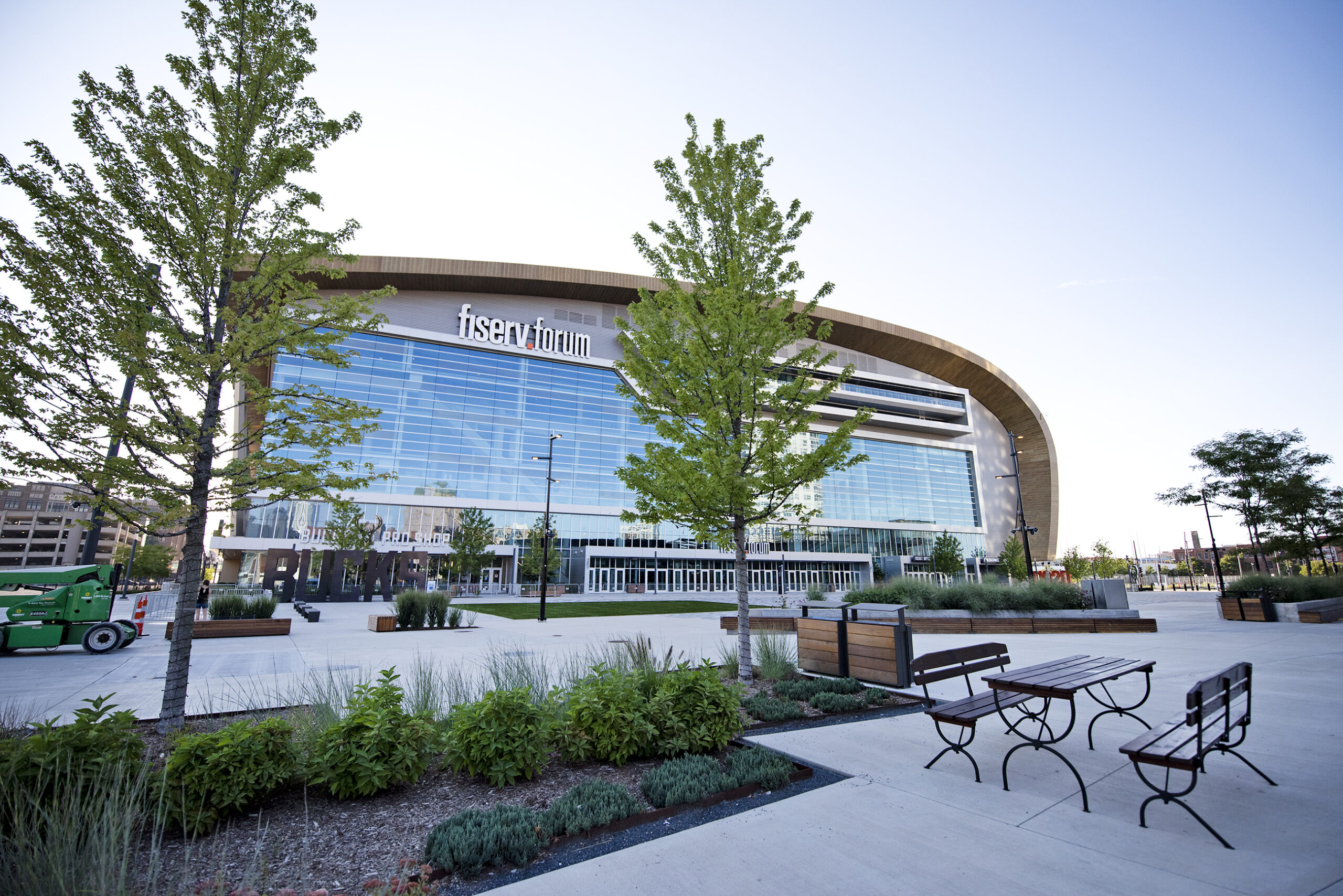
Hotels and hospitality businesses have also seen steep declines in the pandemic.
Kriss Marion, who owns a bed and breakfast in the southwestern Wisconsin village of Blanchardville, said her family lost about one-third of its income when they closed the B&B for the 2020 season because the business involved bringing strangers into their home. They’re planning to reopen next month, but have made a number of changes and moved some operations outdoors to help ensure safety in the coming months as vaccinations become more widespread. And those changes have costs.
“We’re making a ton of investments on changing our operations to make it safe to open this year,” said Marion, who ran for the state Assembly as a Democrat in the fall.
For Marion, state and federal investments in broadband expansion are one key to ensuring rural areas can find prosperity on the other side of the pandemic. She said the availability of child care in rural areas is another major obstacle for families.
Gov. Tony Evers has said $2.5 billion in federal aid funds will go toward economic recovery efforts. That includes $600 million targeted to small businesses, and another $50 million to tourism specifically.
“The businesses the data showed us were hurt most were the service sector, the hospitality sector, the retail sector,” said Sam Rikkers, chief operating officer of WEDC. “Our investments will both fill gaps and be data-driven.”
For Tressler and other business leaders on the call, the end of the pandemic is beginning to come into focus as vaccinations increase. They’re hoping the federal stimulus is an opportunity for lasting changes.
“Not only do we want our revenue to return to 2019 numbers,” Tressler said, “but I think we want to make improvements to our business culture and climate overall.”
Wisconsin Public Radio, © Copyright 2025, Board of Regents of the University of Wisconsin System and Wisconsin Educational Communications Board.


